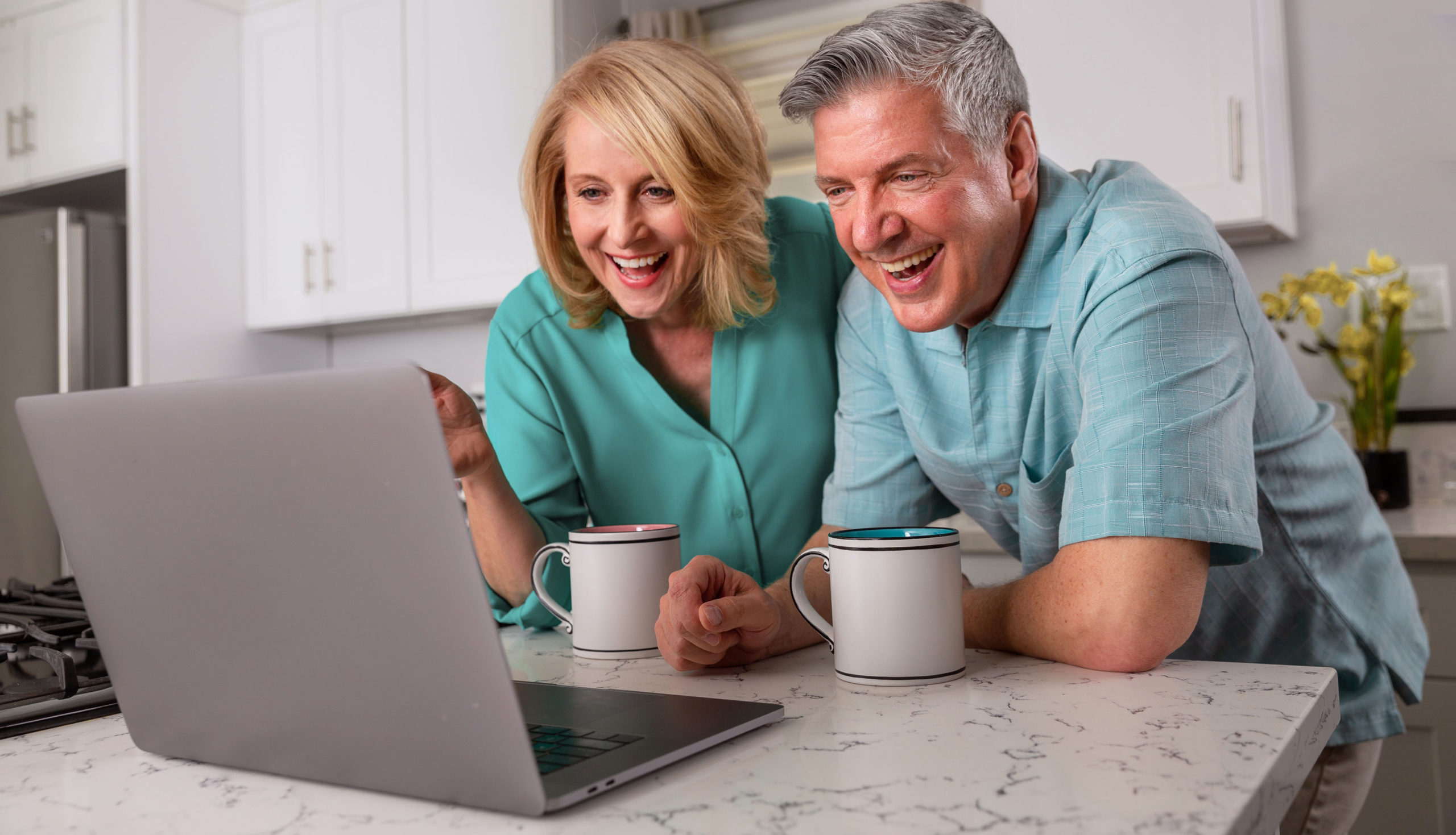Buzzwords stemming from the COVID-19 pandemic can be scary: Self-isolation, quarantine, social distancing. What can we make of all this and how are we supposed to deal with the physical and mental ramifications of staying inside or being alone? These facts and tips can help you do your part to stymie the spread of coronavirus and stay healthy in all aspects.
Social distancing is a procedure health officials and government agencies made to help contain potential epidemics (widespread) and pandemics (globally spread) like the coronavirus. This procedure allows governments to make laws that shut down public gatherings and indoor and outdoor events over a certain number of people, as well as businesses and schools. During social distancing protocol, it is necessary for all restaurants to switch only to take-out orders, classes to take place online, companies to allow all employees who can to work from home, and all non-essential businesses to close. Grocery stores, pharmacies, healthcare providers, and pharma companies working on clinical trials or vaccines will remain open, possibly with restrictions.
Isolation is voluntary: It is best to stay home and only interact with others for essentials, like grocery shopping or medical visits that are absolutely necessary. While you might not feel sick, you can be a carrier of COVID-19 and simply touching glasses at a bar or items at a store can infect others more vulnerable.
Quarantine is not voluntary: It means staying in your home under all circumstances because you have symptoms or have been infected with COVID-19.
When practicing social distancing, it is especially important to stay away from those who are most at-risk (those over 50 or with chronic conditions). At the same time, it is essential to make sure that this population, who should be practicing the most extreme social distancing and staying home unless emergency strikes, have everything they need to stay healthy—mentally and physically. Going grocery shopping for your elderly neighbor and leaving the items at their door is a great way to start. But for extended periods of isolation, products today can help patients and individuals through it. Uniper has created an easy-to-use, webcam-based system that plugs into any TV so users can make video calls, attend classes and appointments, or book healthcare services easily.
“The senior population is most at risk of becoming seriously ill from the coronavirus and has been largely isolated as a medical and safety precaution,” says Avi Price, COO of Uniper. “As a result, it is crucial that health systems deploy scalable, sustainable models and interventions allowing the older adult population to have access to the outside world, medical professionals, regular live and interactive wellness programming, recreational activities, social engagements, and most importantly live interaction with their loved ones so that they can stay connected and engaged even in these trying times.”
Those least affected by the virus and practicing social distancing can stay active and connected using free apps to work-out from home, such as 7-minute Workout or FitOn. Or have movie night with friends via Facebook Watch Party or Discord, or start a club or digital happy hour with video calling via WhatsApp or Zoom. Don’t forget to wake up at your usual time, stick to a routine, and take a walk outside at least once a day somewhere you can avoid the public and get a daily dose of sunshine and fresh air.







